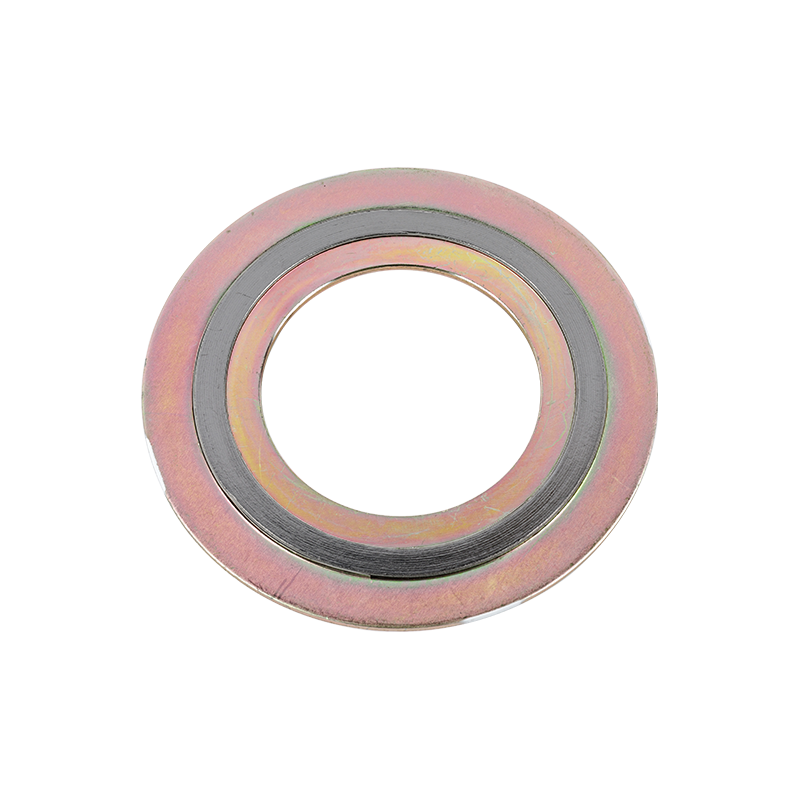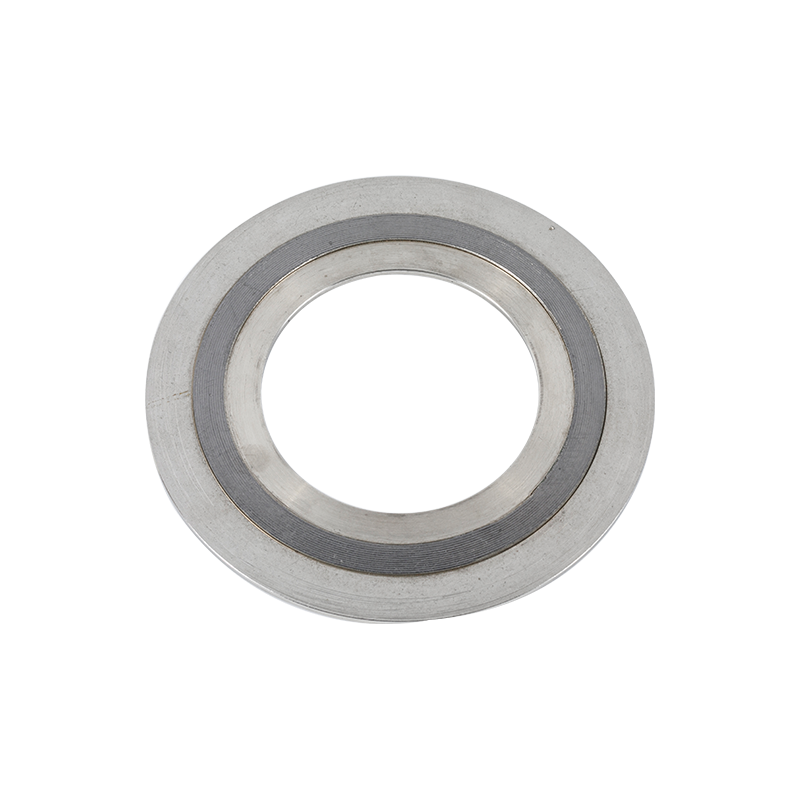Auto gaskets play a vital role in ensuring the proper functioning and reliability of a vehicle's engine. As vehicles become more sophisticated and engine technologies advance, it becomes increasingly necessary to consider the chemical compatibility of auto gaskets. Understanding the interaction between various fluids, fuels, oils, and gasket materials is essential for optimal engine performance and longevity.
1. Importance of Chemical Compatibility:
The chemical environment within an engine can be harsh, with a variety of fluids and fuels in constant contact with gasket materials. Chemical incompatibility can lead to gasket failure, resulting in leaks, loss of performance, and even engine damage. Hence, selecting gasket materials that are chemically compatible is crucial for a well-functioning engine.
2. Analyzing Fluid Compatibility:
Each automotive fluid, including engine oil, coolant, fuel, and transmission fluid, has its own unique chemical composition. It is essential to consider the chemical compatibility of these fluids with the gasket material to ensure long-term performance and prevent degradation. Understanding the potential interactions, such as swelling, deterioration, or loss of sealing properties, is critical in choosing the right gasket material.
3. Fuel Compatibility:
Fuel compatibility should be given special attention, especially considering the increasing use of alternative fuels. Ethanol-blended fuels, for instance, can cause degradation and swelling of certain gasket materials, leading to leaks and inefficiencies. Being aware of the specific requirements for different fuel types is essential in selecting gaskets that are resistant to chemical attack and degradation.
4. Oil Compatibility:
Engine oils, such as synthetic or mineral-based oils, can also affect gasket performance. Certain additives in oils, such as detergents or friction modifiers, can have adverse effects on gasket materials. Understanding the compatibility between oils and gaskets is vital to minimize the risk of leaks or premature gasket failure.
5. Material Selection and Testing:
Manufacturers must conduct rigorous testing to ensure the chemical compatibility of gasket materials with various fluids and fuels. Testing methods include exposure to specific fluids, elevated temperatures, and pressure conditions to evaluate the material's performance over time. Choosing gasket materials that have undergone thorough chemical compatibility testing can provide confidence in their long-term reliability.
Chemical compatibility is a critical factor in selecting auto gaskets for optimal engine performance and durability. By considering the interaction between gasket materials and fluids, fuels, and oils, automotive manufacturers can ensure a robust sealing solution that withstands harsh chemical environments. Thorough testing, careful material selection, and staying updated with evolving fuel compositions are key strategies to achieve reliable and long-lasting gaskets, ultimately contributing to the overall performance of the engine.


 English
English
 中文简体
中文简体












